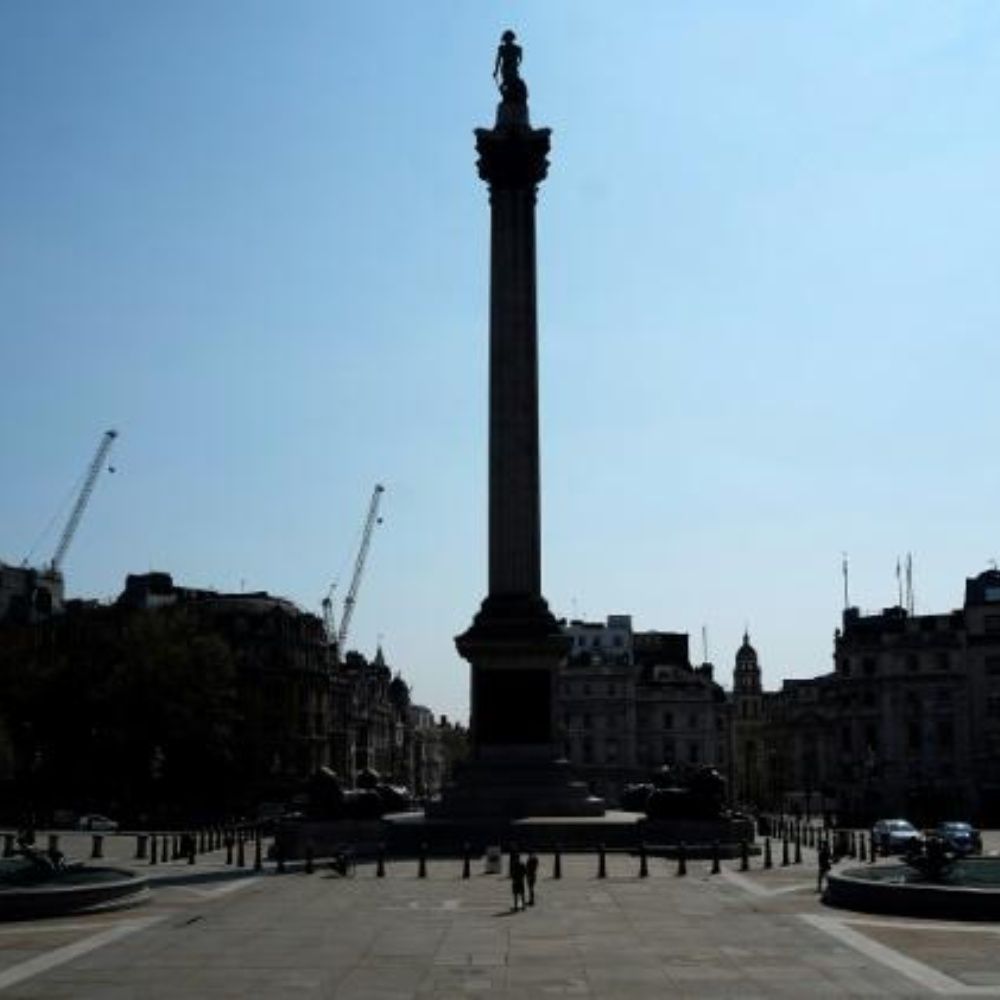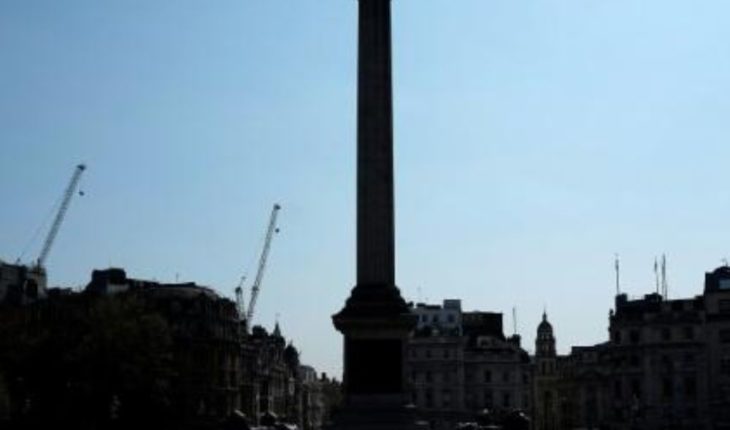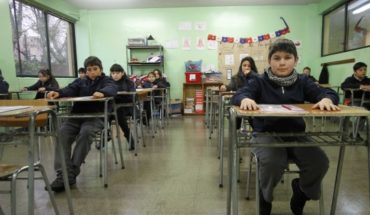
London.-In the coming weeks, as the COVID-19 pandemic appears to stabilize in some countries, pressure is increasing for governments to end population confinement but experts point out that it will only be possible under a few conditions.
Confinement measures in Peru will continue until 26 April/AFP
Risk of “deadly resurgence” of the virus”Lifting restrictions too quickly could lead to a deadly resurgence” of the pandemic, warned the Director-General of the World Health Organization (WHO), Ethiopian Tedros Adhanom Ghebreyesus.In the same sense Christian Bréchot, former president in France of the National Institute for Medical Research (Inserm), warned that “you have to be very humble with this virus because we have already made mistakes”, in statements to the radio France Info.ConcesionesIn spite of them several countries of Europe, the region of the world most affected by the pandemic (more than 70,000 dead) are already announced the partial lifting of confinement. Austria will reopen its small shops after Easter, Denmark will open its kindergartens, children’s and primary schools on 15 April while the Czech government has already lightened its rules. These countries follow in china’s footsteps, which on 8 April quarantined in Wuhan, the epicentre city of the coronavirus, after considering it had defeated the epidemic.” Pale ray of sunshine” Other countries in Europe apply strict confinement, such as the UNITED Kingdom, where the epidemic strikes violently. In France, the director general of Health, Jerome Salomon, sees only a “pale ray of sunshine” in the slight drop in revenue in resuscitation services. Spain and Italy, the hardest-hit countries, also seem to be reaching the peak of contagion with stable numbers or in slight setback.
But both governments are still on guard: Italy extended general confinement until 3 May and Spain until 25 April. The same is the case in Ireland, Portugal and Belgium.In France President Emmanuel Macron should extend confinement again on Monday. Overcoming the peak of contagion “Even if it reaches the peak, we must not ‘deconfine’ because these measures have prevented the congestion of hospitals”, says the epidemiologist Antoine Flahault.Leaving the confinement will only be possible later “when there is a decrease” in the number of cases, says Flahault, director of the global health institute of the University of Geneva (Switzerland) in statements to the television network France 2.Mean researcher Christian Bréchot “hopes that from mid-May we will be in a situation of slowdown” that allows a “progressive détente”.” We are not going to go from black to white but from black to grey, with the continuation of confinement, particularly for a part of the population,” says Jean-Fransois Delfraissy, president of the scientific council that advises the French government on the epidemic.
The New Coronavirus has claimed the lives of more than 100,000 people worldwide/AFP
Preconditions According to this expert, several conditions are required before ending confinement, the first of which falls the number of COVID-19 cases in hospital resuscitation services. The aim is that medical staff can rest after the enormous effort of recent weeks and that hospitals can reconstitute their stocks of medical materials and products. In addition, it is to be expected that the circulation of the virus will decrease, with a transmission rate (R) less than 1, which means that a contaminated person transmits the virus on average to less than one person (compared to 3.3 people at the beginning of the epidemic). The third condition is that there are enough masks to protect yourself and tests to be able to control the evolution of the virus. Electronic controlOtrate unknowns about the virus is the role that electronic systems will play in detecting contaminated people. France is cautious on the issue as Germany hopes to launch a mobile phone app, inspired by what was done in Singapore, which allows individual monitoring and identification of pollution chains.
The increase in Covid-19 infected in the US continues to increase. UU/AFP
Brake in summer? Another unknown is whether the spread of the virus will slow down with the arrival of summer, as is often the case with respiratory viruses. This is the case with the influenza epidemic in the northern hemisphere, which usually stops in April, but it is not known whether the same will happen with the virus SARS-CoV-2.La situation in Singapore, where the virus has returned in recent days strongly despite 30o temperatures, call this hypothesis in doubt.” If there is no summer brake, things will be more complicated” to get out of the confinement, says epidemiologist Antoine Flahault.





